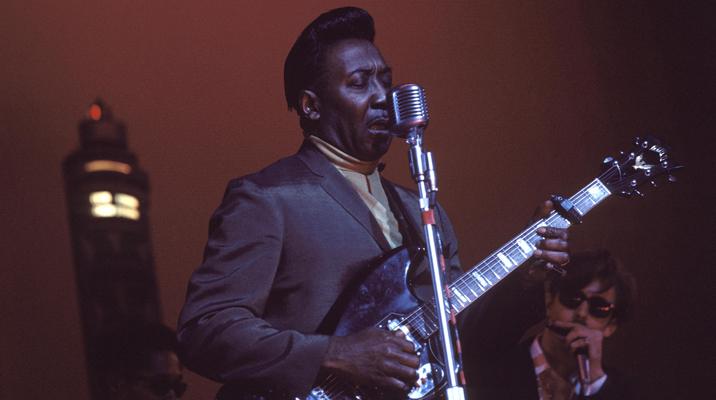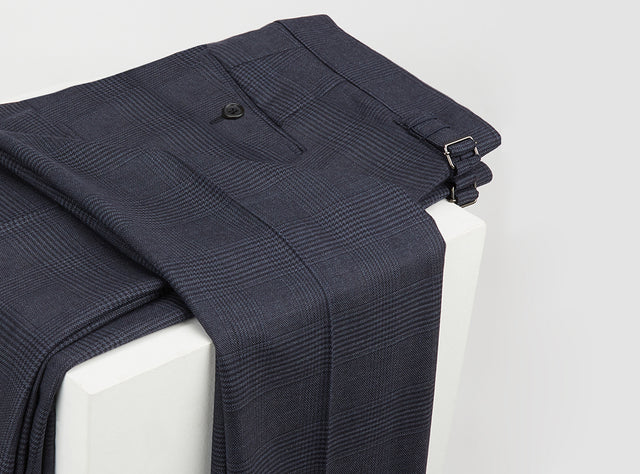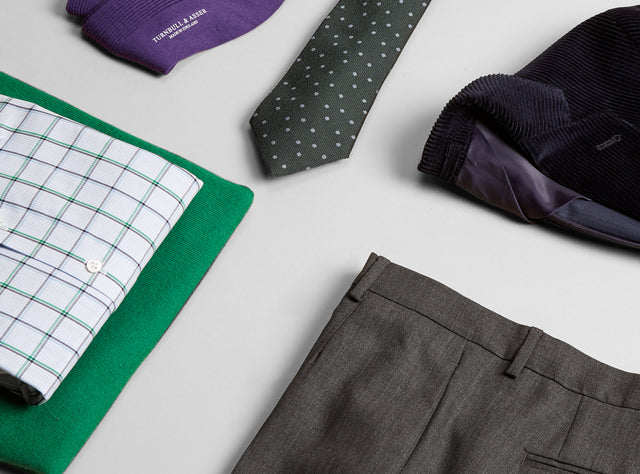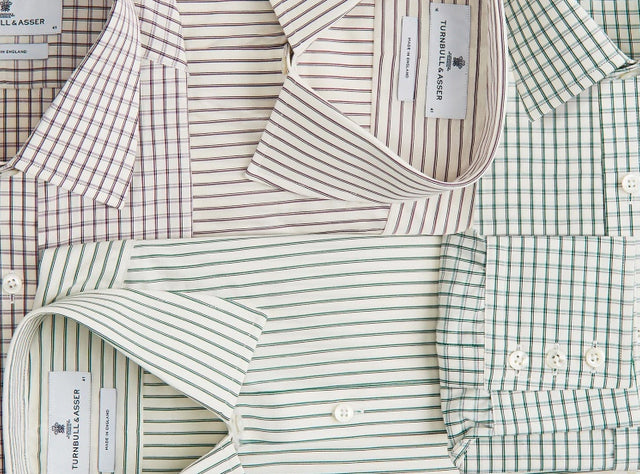Electric Avenues: The Rise Of Urban Blues
Every major city comes with its own imaginary soundtrack.
For me, Chicago's combines elements from the rhythmic rattle of the overhead railway, the lonesome whistle and clacking bogeys of the trains that brought the animals to the vast stockyards and the sonorous ring of metal-on-metal as the 'sky-walkers' riveted together the I-beam skeletons of the city's skyscrapers. It is a hard, urban pulse. If New York has romantic George Gershwin, you'd have to say Chicago's patron saint of music is Muddy Waters.
But it took a while for Chicago to find that electric 12-bar voice. During the 1920s and 30s, in the days of Prohibition and beyond, the city's soundtrack was the syncopated cousin to the blues, jazz, the music of the speakeasies and the dance clubs, when King Oliver, Jelly Roll Morton, Louis Armstrong and Bix Beiderbecke regularly came to town.
If you want an insight into those days, head for The Green Mill (4802 N Broadway Street). It started as a beer garden back when Chicago had its own film studios (before the industry consolidated in Hollywood) and was once a hangout for stars such as Charlie Chaplin and Bronco Billy. But it later became a music venue, with Al Jolson, Billie Holiday, Ella Fitzgerald, Miles Davis and John Coltrane all performing there. It was also frequented by Al Capone - you can sit in his favourite booth, positioned so he could see both entrances, in case of a raid. The gangsters have gone, but it still hosts great music, and astonishing jazz singer Kurt Elling and pianist Patricia Barber are both regulars.
In the early 1940s, thanks to Charlie Parker and bebop, the jazz focus moved to New York City. Into the vacuum stepped musicians who had migrated from the Mississippi Delta and who found that their soft, slow acoustic blues got swallowed by the background noise of this big beast of a city. So they plugged their guitars into amplifiers.
The question of who actually first electrified their instrument is somewhat contentious, but it was probably T-Bone Walker in the late 1930s. However, the undisputed godfather of electric blues in Chicago was McKinley Morganfield, aka Muddy Waters. Born in Mississippi in 1913, he arrived in Chicago in 1943. ‘When I went into the clubs, the first thing I wanted was an amplifier. Couldn't nobody hear you with an acoustic.’ His louder and infectious style on songs such as Hoochie Coochie Man and Mannish Boy became the city’s musical backbone.
'When I went into the clubs, the first thing I wanted was an amplifier. Couldn't nobody hear you with an acoustic'. - Muddy Waters
Thanks to the local Chess label (which also included Big Bill Broonzy, Howlin' Wolf, Chuck Berry, Buddy Guy and John Lee Hooker on its roster), the music even reached far away England and the ears of budding guitarists such as Eric Clapton, Peter Green, Keith Richards (whose band named themselves after a Muddy Waters song), Jeff Beck and Jimmy Page, all of whom idolised the above musicians, as well as BB King, Willie Dixon, Albert King and Albert Collins.
These US bluesmen were both sharp players and sharp dressers - BB King and Elvis shared a tailor, at least for more conventional suits, and I remember as a tyro music journalist interviewing Muddy Waters backstage very late in his career and commenting on his dapper appearance - which seemed to please him as much as my comments about the show.
In fact, from the speakeasy and spats days onward, Chicago has always been a city with a certain sartorial pride. Which is why it is a scheduled stop for Turnbull & Asser's By Appointment bespoke shirtmaking service. It will be taking measurements at the The Peninsula Chicago Hotel on 7th and 8th April, with a second visit planned for October.
Most of the golden age performers are gone, but a fresh generation has inherited the mantle (listen to Gary Clark Jr), the Rolling Stones have just re-embraced their roots with Blue & Lonesome, and some fine places remain for hearing electric blues live in its hometown.
Try friendly, family-run Rosa's Lounge (3420 W Armitage Ave), the more raucous B.L.U.E.S (2519 N Halsted), the double-stage Kingston Mines (2548 N Halsted) or Buddy Guy's Legends (700 S Wabash), which showcases emerging and top performers, including the man himself - now aged 80. Clapton called him the greatest guitar player ever. It's a place where a wailing harmonica or a heartache-drenched, string-bending guitar solo can send shivers down your spine. And it still sounds like Chicago to me.



